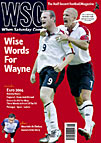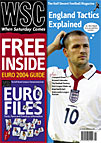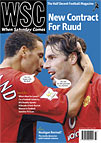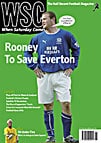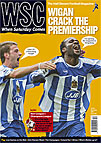 An injury suffered with Morocco by a Charleroi ‘star’ has put FIFA in the dock in Belgium and, as John Chapman explains, it could hit international football hard
An injury suffered with Morocco by a Charleroi ‘star’ has put FIFA in the dock in Belgium and, as John Chapman explains, it could hit international football hard
Mogi Bayat’s uncle, Abbas, used to be big in fizzy water. He bought Chaudfontaine, the company not just a bottle of the Belgian eau minérale, and later sold it on to Coca-Cola. He was Chaudfontaine’s CEO and somewhere along the way he purchased the Royal Sporting Football Club of Charleroi, known affectionately to their fans as “the Zebras”.
